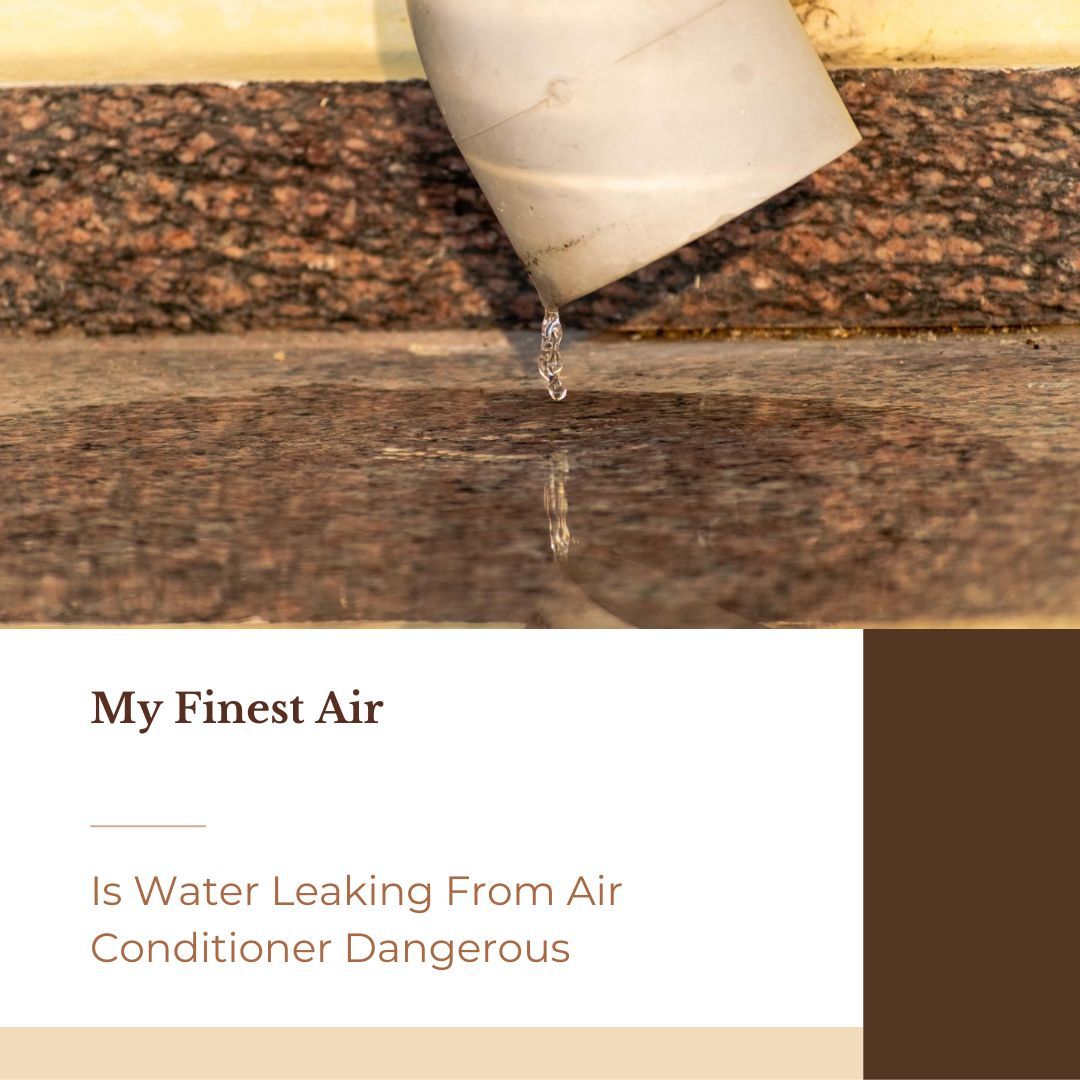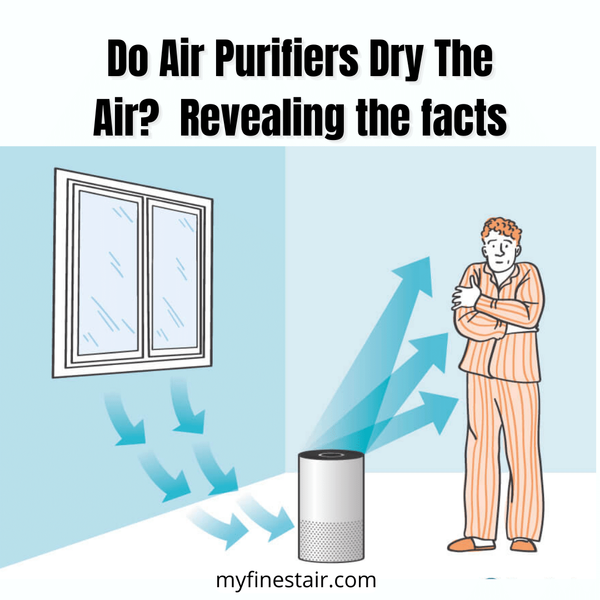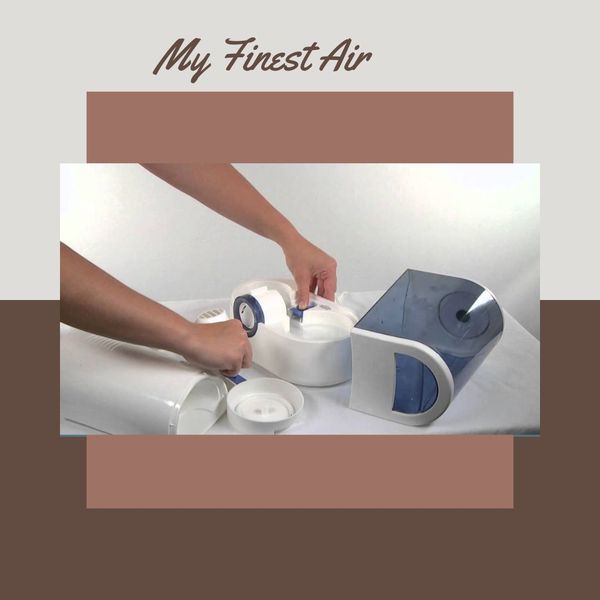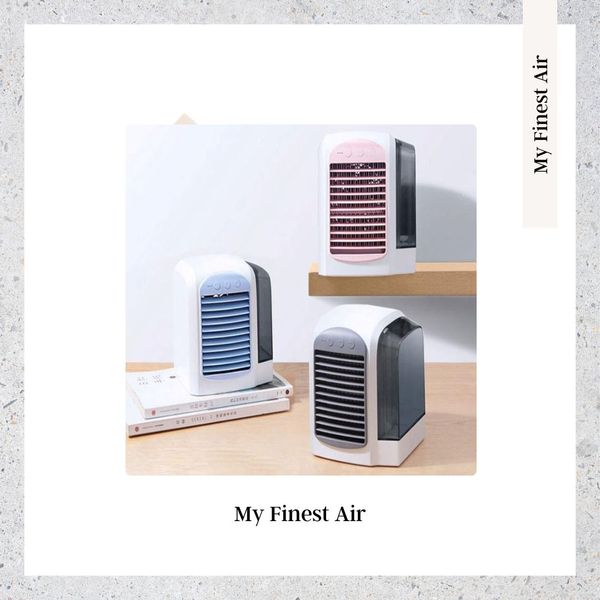the air conditioners start leaking, and not everyone can tell the difference between coolant and water leaking. It is a very common problem faced by many people. The water leaking can be frustrating, irritating, and sometimes dangerous. To know about fixing the water leakage, it's better to understand its reasons first.
Every electric appliance needs proper maintenance and cleaning. This will improve its performance as well as its lifetime. This article will tell you if water leaks from air conditioners are dangerous or not.
What's An Air Conditioner?
An air conditioner (A/C) removes indoor heat and provides cool air. The unwanted heat is transferred outside of the house. It has three main components, i.e., compressor, condenser, and evaporator. These three parts work together to provide the best air conditioning in your room.
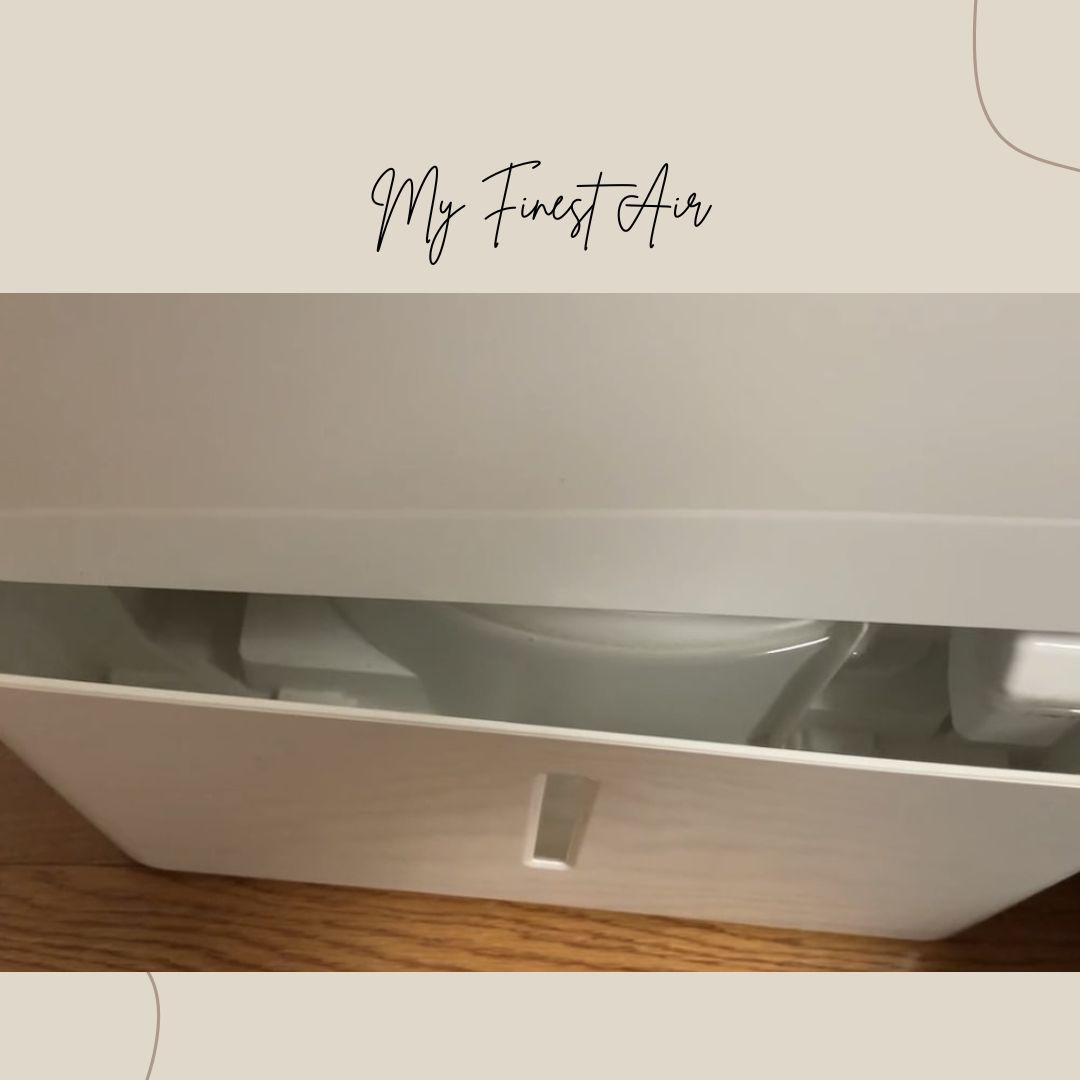
What Are The Causes Of Water Leakage In Air Conditioners?
There's always a reason for everything. If there's water leaking in your AC, then there must be a reason behind it. There can be many factors; the most common are
Air Filters
When your air filters are dirty and clogged, they won't be able to pull the air into the air handler. That ultimately results in poor-quality cooling because there is no way for the cold particles to pass, which makes the evaporator coil freeze.
The frozen coils melt gradually, and the water starts leaking from your air conditioner.
You need to replace flat filters once or twice a month and pleated filters once or twice in three months. Replacing filters is good for IAQ (Indoor Air Quality) and efficiency.
Refrigerant
The evaporator coil can freeze if the air conditioning system has low freon levels. If there's ice on the line that connects indoor and outdoor units, it means you have low refrigerant. You can fix the refrigerant leak by getting help from a professional
Disconnected Or Blocked Drain
If the drain pipe is disconnected or clogged. You can face some major water leaking from your air conditioner. A good way to unclog the drain is to use a vacuum to remove trash or residue stuck in the drain.
Broken Pump
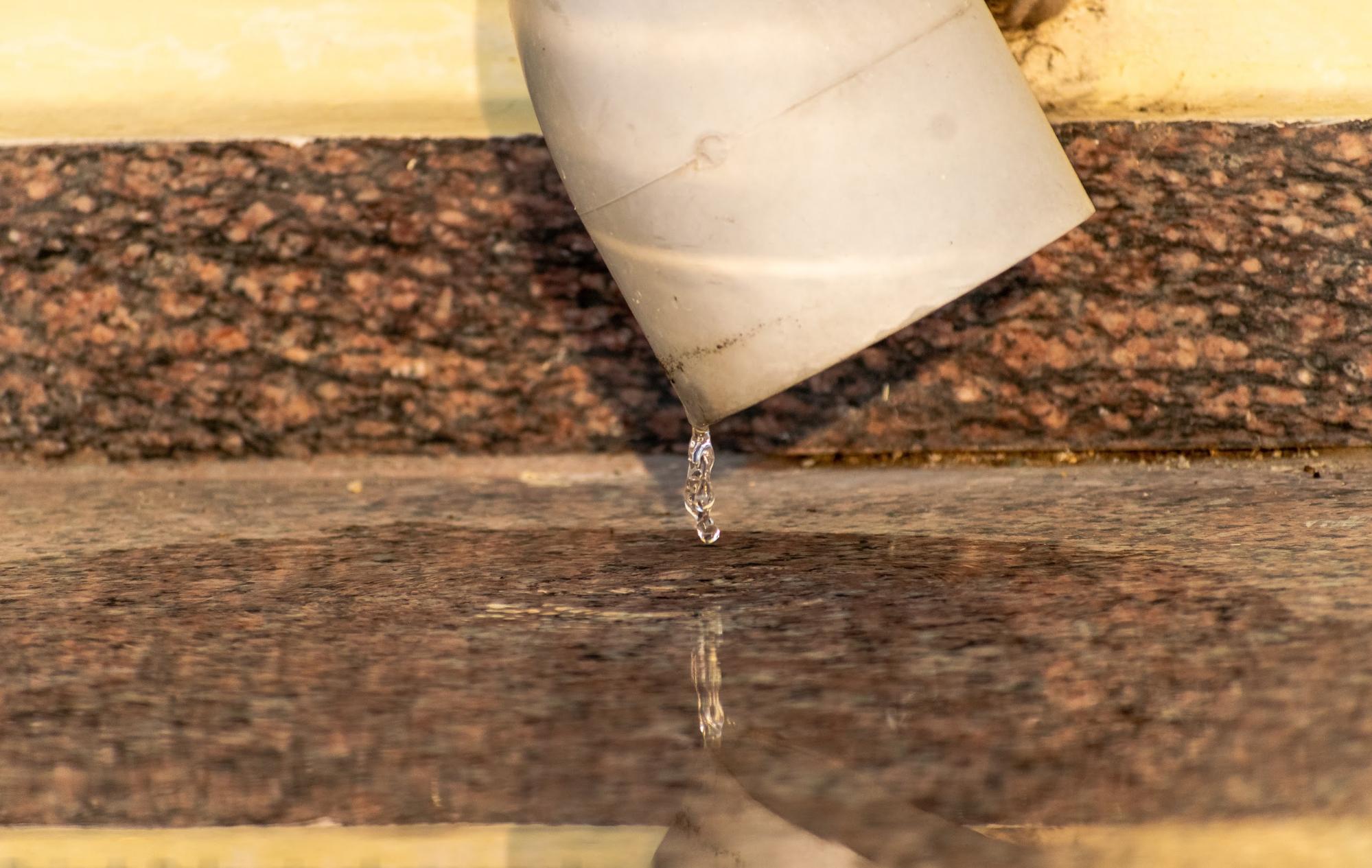
To move the water from the condensate plate, pumps are used. If that pump is broken or clogged, the water will start dripping from the air conditioners.
Disconnected Channel Line
If your A/C's channel line isn't introduced correctly, then it will cause the dripping of water. There can be many reasons for its disconnection, e.g., vibration; etc.
Frozen Coil
Frozen coils are the major cause of water leakage. They get frozen mostly because of uncleaned filters.
You May See Our Guide: Is Water Leaking From Air Conditioners Dangerous?
Broken Drain Pan
A rusted, damaged, or broken pan can cause water leakage in your air conditioner. A broken drain pipe can't hold water for the evaporator coil, so the air conditioning system doesn't work.

Is Water Leaking Dangerous?
Yes absolutely! It can be harmful and damaging. It might result in
Mold Production
Molds grow in wet and damp areas. If your air conditioner keeps on dripping water, then mold production chances are very high. They are greenish-black in color and are highly harmful to respiration.
The air conditioners are supposed to provide you with a good cool environment, not infectious. If mold grows inside your air conditioner, it will release dangerous particles that will cause many infections and diseases to the ones who inhale it.
Sheetrock Damage
It is very difficult to handle when wet. If the sheetrock is broken, it can cause significant damage.
Electrical Issues
Water leakage can be very dangerous if it drips on any electronic components of the air conditioner. It can cause short circuits and can destroy the whole electrical system.
Appliance Damage
The constant water leakage can cause the internal components of the appliance to get destroyed as well.
Fire Chances
If the internal parts get wet, they'll catch fire, and this fire outbreak can be dangerous for you, your appliances, and your home.
Structural Damage
The water leakage can wet the dry walls and make them weak. The walls can get collapsed due to structural damage.
High Bills
To meet the required temperature. An air conditioner will continue to run and will use more energy. This extra power consumption is due to water leakage. It can lead you to high utility bills.
How To Stop Water Leakage?
There are many things you can do if you want to stop water from leaking from your air conditioner. Some are
Turn Off The A/C
The first thing you should do after seeing water dripping from your air conditioner is shut it off. Don't turn it on until you diagnose the problem and fix it. Make sure that it's not a coolant leak.
Dry The Water Puddles
If you don't want to end up with molds due to water leakage. Dry the areas where the water stood for a long time. Drying and cleaning will save you from molds, mildews, and other harmful things.
Try Changing The Filters
It can help a lot. Air filters are one of the major causes of water leakage. Filters can be replaced easily, and they won't cost you much.
Cleaning Condensate Pipe
Due to trash, dust, and residue, the condensate pipes can get blocked. Clean them with a vacuum. It will solve your problem.
Contact An Expert
It's not always easy to fix the appliance yourself. There is nothing wrong in it to get some help. If you don't know what to do and how to fix it, you can call a professional. It is recommended to contact the service member of the brand you're using the A/C of.
Conclusion
If your air conditioner is leaking water, don't take it for granted; that's a serious problem. In the long run, it can be really damaging.
If you keep the air conditioner clean and well-maintained, there's less chance of any leakages or any other issues. The most common cause of water dripping from your A/C is dirty and clogged filters.
Replacing them can solve the leakage problem in no time but ensure that it's not a coolant leak. We hope the information cleared up all the questions you had. Don't forget to share your experience with us.


